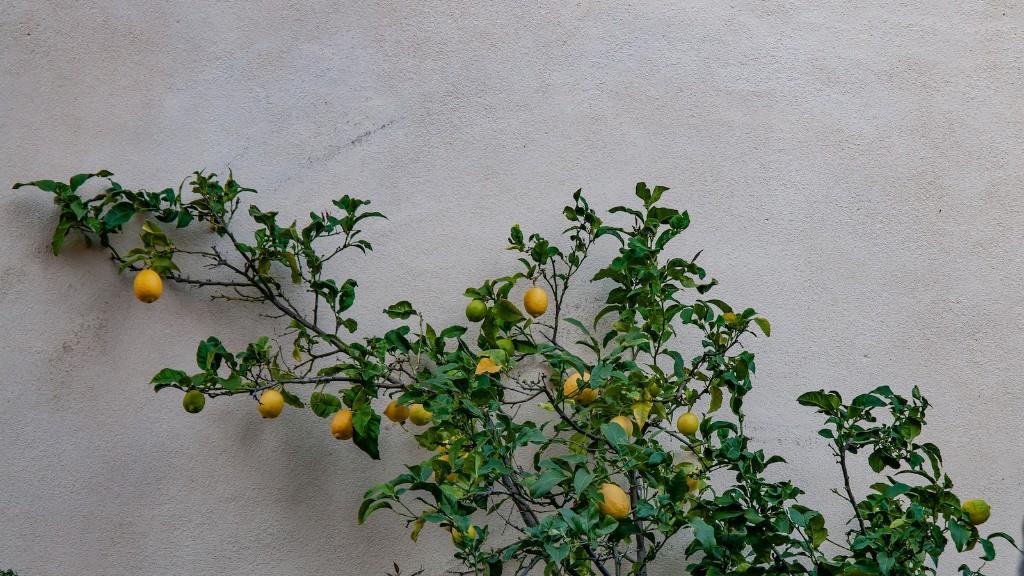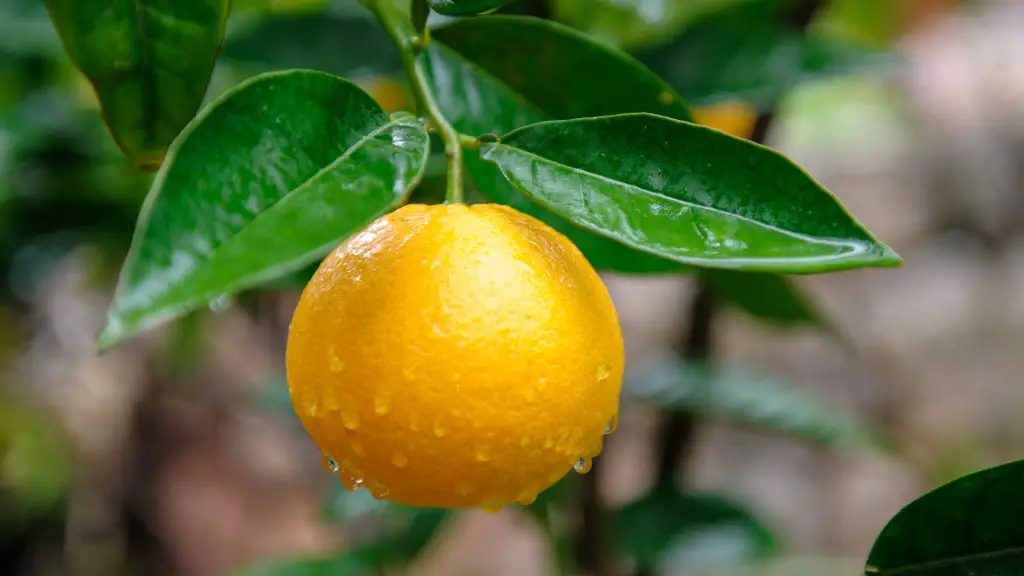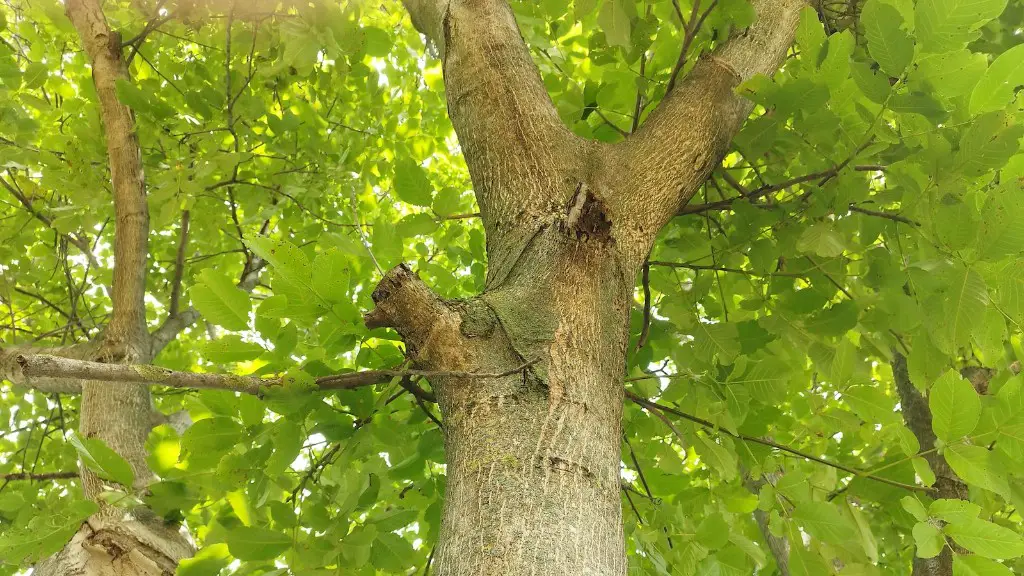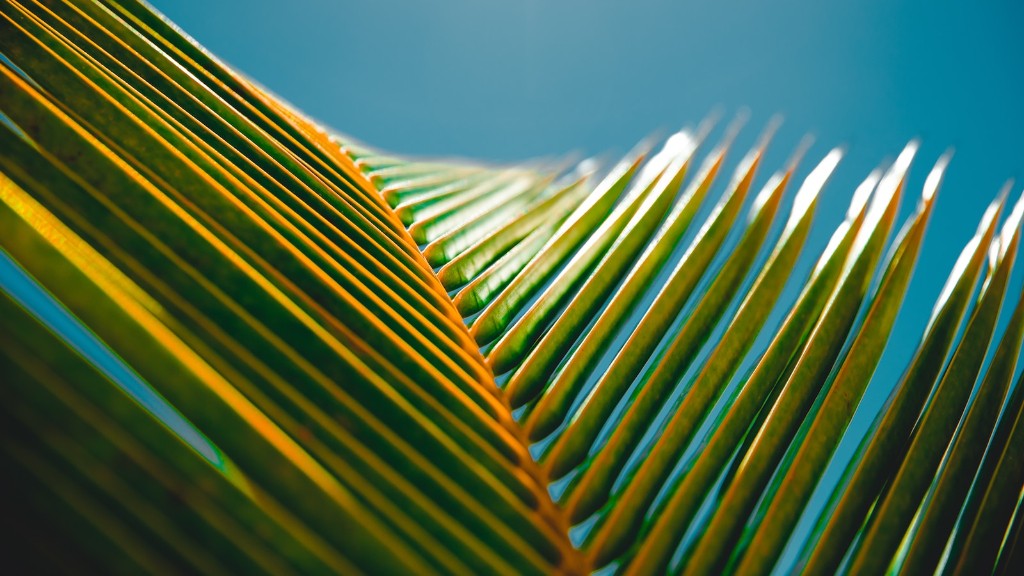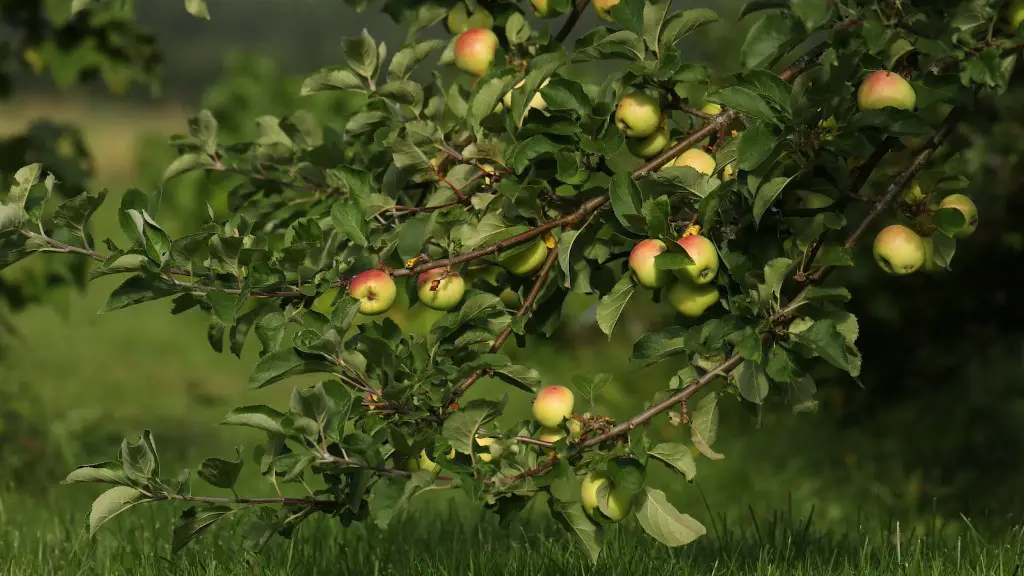Many people are drawn to dwarf meyer lemon trees due to their small size and delectable fruit, but they might not know how to go about planting one. Planting a dwarf meyer lemon tree isn’t particularly difficult; with a few simple steps, you can have a vibrant little tree in your yard. Here’s what you need to do:
Firstly, select a spot in your garden that gets at least 8 hours of direct sunlight each day. Meyer lemon trees are tropical plants and do best with lots of light.
Next, prepare the soil. Before you plant your tree, you’ll want to make sure the area has rich and loose soil; this will make it easier on the tree’s roots and can help spur better growth.
Thirdly, get the tree out of the container. This can be done carefully, as to not disturb too many of the roots.
Fourthly, it’s time to set the tree into the ground. From there, gently backfill the soil, packing it around the roots to secure the plant in place.
Fifthly, water the tree generously and have a light layer of mulch put around the tree. This will help conserve the water and keep weeds away.
Lastly, be sure to prune the tree regularly. As the tree grows, you’ll want to trim away any dead branches to help open up and direct the lemon tree’s growth.
Understanding Dwarf Meyer Lemon Trees
Dwarf meyer lemon trees are a compact and delicious citrus option for gardens of all sizes. When properly cared for, these trees can produce generous amounts of lemons, giving gardeners the satisfaction of growing their own fruit without requiring a large space.
Native to China, meyer lemon trees are a cross between an orange and a lemon. Compared to regular lemons, meyer lemons require less water and can tolerate colder temperatures; these factors make them one of the best warm-climate citrus varieties.
Also, these trees are well-suited for container gardens due to their smaller size. Unlike regular lemon trees that can reach heights of 20 feet, dwarf meyer lemon trees typically stay around 3-5 feet tall and can be grown indoors and in small outdoor spaces.
That said, it’s important to remember that, although meyer lemon trees are generally hardier than other citrus varieties, they still need to be planted in the right environment and given proper care to ensure healthy growth.
Maintaining a Dwarf Meyer Lemon Tree
Dwarf meyer lemon trees grow best in consistent, warm climates; they prefer temperatures between 65-85°F and should be kept away from cold drafts and areas of extreme heat.
When it comes to watering the tree, you’ll want to make sure not to overdo it; too much water can damage the root system, prevent the tree from bearing fruit, and even kill the tree. Generally speaking, your tree will need around a gallon of water a week; however, this can vary depending on your climate.
You’ll also want to monitor the tree closely and inspect it for pests like scale, mealybugs, aphids, and whiteflies. These pests can be prevented with regular pruning and insecticidal soap, but if you do spot an infestation, contact a professional to help you get rid of it.
Finally, you’ll need to fertilize your tree every other month. For this, you’ll want to use a good nitrogen-rich citrus fertilizer. Keep in mind that too much fertilizer can burn the roots, so it’s important to not overdo it.
Harvesting and Storing Your Dwarf Meyer Lemons
Dwarf meyer lemons can be harvested throughout the winter until the summer months come. The lemons will be ready to pick when they reach 2-3” in diameter and have a yellow color to them. When harvesting, be sure to use either your fingers or pruners to go around the fruit and cut it off; don’t pull it off the tree, as this can damage the branches.
Once the lemons have been picked, you can store them in an airtight container in the fridge and they should be good for up to two weeks. If you don’t plan on using them right away, you can freeze them whole for up to a year.
You can also make your own juice from your meyer lemons, which will last for a few days in the fridge, or marmalade and preserves that can be refrigerated for a few weeks or canned and stored for up to a year.
Common Diseases and Pests
Like any other tree, meyer lemon trees are prone to a variety of diseases. Common problems for citrus trees include root rot, fungal diseases, and canker. Unfortunately, these conditions often cannot be cured and might lead to the tree’s death. As a prevention measure, fertilize and water your tree properly, as this can help reduce the risk of disease.
Meyer lemon trees can also be affected by numerous pests. Again, regular pruning and insecticidal soap can help with pest control, but if you do spot an infestation, it’s best to consult a professional for help.
Finally, it’s important to keep an eye out for diseases like Citrus greening, which is spread from tree to tree by pests like the Asian citrus psyllid. If you notice your meyer lemon tree is affected, it’s best to have the tree removed, as this disease is fatal and untreatable.
Tips for Growing a Dwarf Meyer Lemon Tree
Growing a dwarf meyer lemon tree can be a rewarding and delicious experience, but it’s important to remember that these trees require a bit of maintenance to stay healthy and in good shape. Here are a few tips to keep your tree in good condition.
Make sure to water your tree regularly but not excessively, as this can lead to root rot. Also, be sure to prune and fertilize your tree as needed and get rid of any pests you might find.
It’s also important to keep an eye out for any diseases, as these can be fatal to your meyer lemon tree. Lastly, harvest your lemons as soon as they’re ready, as this can help you get the most out of your tree.
